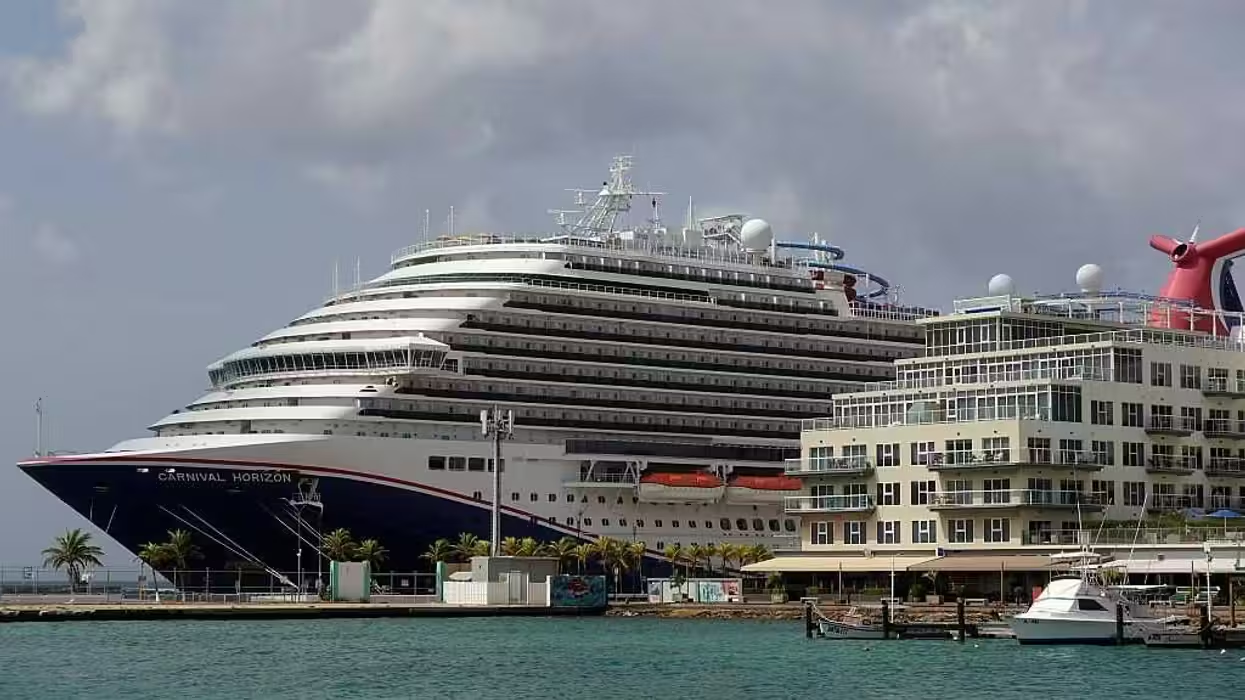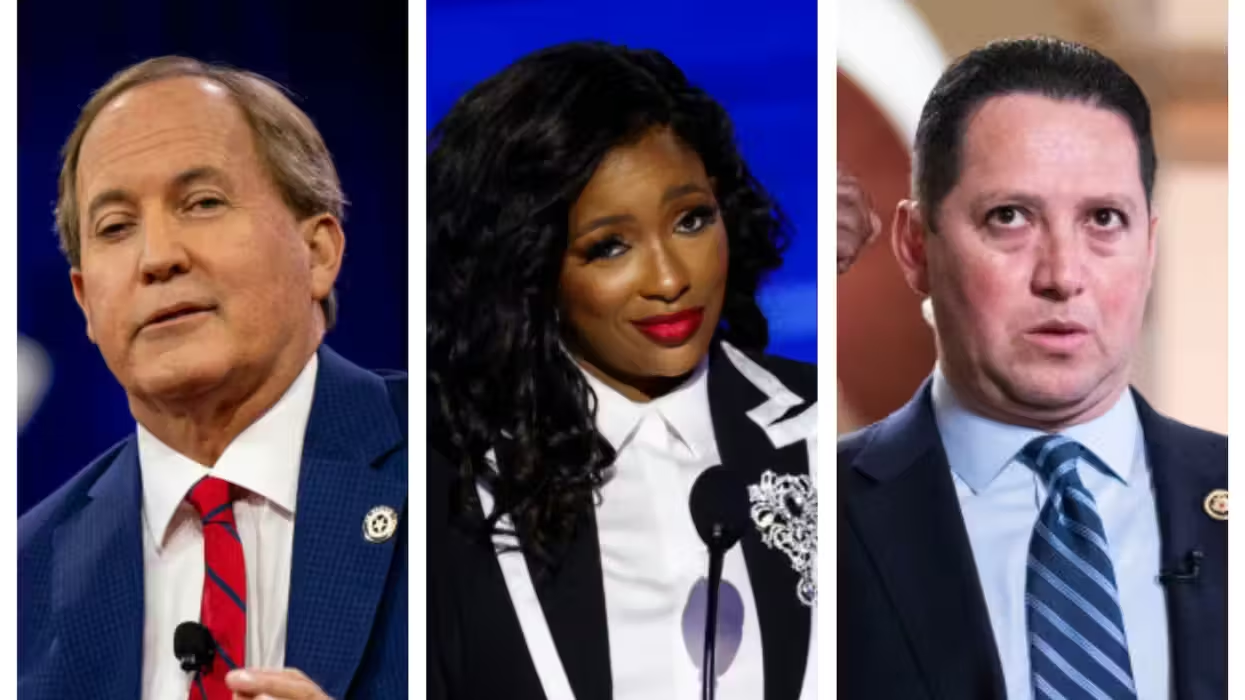© 2026 Blaze Media LLC. All rights reserved.
Hillary Clinton the war 'hawk?' And why this could just be the beginning.
March 20, 2011
John Podhoretz has an interesting column in the New York Post detailing some strange bedfellows when it comes to the new war, er, intervention in Libya. He also makes the charge that the action in Libya has revealed a new side of Hillary Clinton -- she's a war "hawk." Sort of. He explains:
So yes, the leading hawk of the Obama administration is not George Bush’s former defense secretary, but Hillary Rodham Clinton.What a strange journey it’s been for someone whose primary involvement in foreign policy before her husband’s ascension to the White House in 1992 was as a board member of the New World Foundation, a prominent funder of leftist groups in the 1980s oppposed to the use of American military power in any way and highly supportive of huge cuts in defense spending.
But is she really and truly a hawk, in the sense that she believes that the extension of American power through military means is a good thing? Or is she directed by a deep belief system that connects the Hillary of today with the Hillary of 25 years ago?
I think her views have been far more consistent over time than one might expect — that Hillary Clinton is, in the final analysis, primarily motivated by what the late Michael Kelly called, in 1993, the politics of “do-goodism.”
That philosophy combines, in Kelly’s words, “a generally ‘progressive’ social agenda with a strong dose of moralism.”
Podhoretz also broaches the role Samantha Power played in getting the U.S. to interact. Power, who was rumored for an Obama cabinet position before she was let go for making derogatory remarks about Hillary Clinton during the 2008 campaign, is a staunch interventionist. Her book, “A Problem From Hell: American and the Age of Genocide,” advocates for American involvement in foreign conflicts that involve human suffering. She now sits on the National Security Council. And if one is looking for a Wizard of Oz-type character, silently pulling interventionist levers behind the scenes, one may not have to look any further than Power.
Josh Rogin over at The Cable has quite an interesting post explaining that Power and others met with Obama on Tuesday to make their case for intervention. It worked. The decision for action in Libya didn't come on Friday, but rather three days earlier. Rogin writes:
The key decision was made by President Barack Obama himself at a Tuesday evening senior-level meeting at the White House, which was described by two administration officials as "extremely contentious." Inside that meeting, officials presented arguments both for and against attacking Libya. Obama ultimately sided with the interventionists. [...]Inside the administration, senior officials were lined up on both sides. Pushing for military intervention was a group of NSC staffers including Samantha Power, NSC senior director for multilateral engagement; Gayle Smith, NSC senior director for global development; and Mike McFaul, NSC senior director for Russia. .
On the other side of the ledger were some Obama administration officials who were reportedly wary of the second- and third-degree effects of committing to a lengthy military mission in Libya. These officials included National Security Advisor Tom Donilon and Deputy National Security Advisor Denis McDonough. Defense Secretary Robert Gates was also opposed to attacking Libya and had said as much in several public statements. [...]
Inside the NSC, Power, Smith, and McFaul have been trying to figure out how the administration could implement R2P [responsibility to protect] and what doing so would require of the White House going forward. Donilon and McDonough are charged with keeping America's core national interests more in mind. Obama ultimately sided with Clinton and those pushing R2P -- over the objections of Donilon and Gates. [Emphasis added]
Let's put aside the concerns about America becoming (or solidifying its position as) the world's "Casey the Punisher" and think for a moment about the prominent position an interventionist such as Power is poised to take. That's right, I think that in Power you're looking at either the next secretary of state or defense, or at least someone who will take a larger role in one of those offices. Remember, Gates and Clinton are both on their way out, and before calling Clinton a "monster" in 2008, Power was poised for such a role.
Should that happen, we could long for the "early days" of the Obama administration. You know, when we were only involved in two wars. That's scary.
---
Want to leave a tip?
We answer to you. Help keep our content free of advertisers and big tech censorship by leaving a tip today.
Want to join the conversation?
Already a subscriber?
Jonathon M. Seidl is a former managing editor of Blaze News and a best-selling author and speaker. His next book, “Confessions of a Christian Alcoholic,” will be released on October 7, 2025.
Jonathon M. Seidl
Jonathon M. Seidl is a former managing editor of Blaze News and a best-selling author and speaker. His next book, “Confessions of a Christian Alcoholic,” will be released on October 7, 2025.
more stories
Sign up for the Blaze newsletter
By signing up, you agree to our Privacy Policy and Terms of Use, and agree to receive content that may sometimes include advertisements. You may opt out at any time.
Related Content
© 2026 Blaze Media LLC. All rights reserved.
Get the stories that matter most delivered directly to your inbox.
By signing up, you agree to our Privacy Policy and Terms of Use, and agree to receive content that may sometimes include advertisements. You may opt out at any time.






